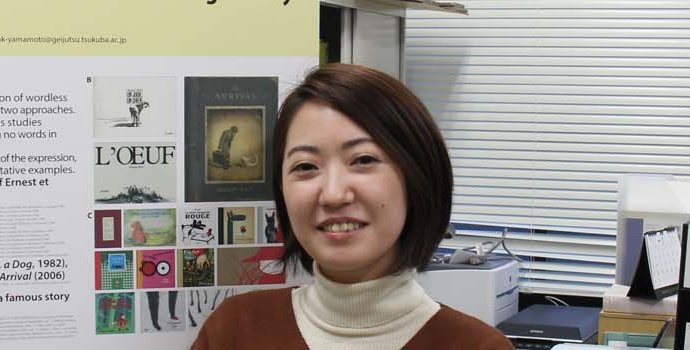
Examples of Japanese culture
 For the most part, Japanese society is more formal and conservative than American society. The Japanese are more likely to accept you if you show respect and humility. Remember that your behavior reflects not only on yourself but also on the people of your country.
For the most part, Japanese society is more formal and conservative than American society. The Japanese are more likely to accept you if you show respect and humility. Remember that your behavior reflects not only on yourself but also on the people of your country.
Expressing Appreciation
Remembering to thank people, even for small favors, is one of the most important keys to success abroad. One common mistake people make in groups is that they expect someone else to say thanks. Make sure you do your own part: write thank-you notes to express appreciation for a special invitation, and so on. This is important. Of course, you don’t actually need a formal thank-you note; a picture postcard is fine, for example. Small gifts are a nice way to show special appreciation.
Tipping
Tipping is an unnecessary and unfamiliar practice among ordinary people in Japan.
Shoes
Take off your shoes when entering a Japanese home or temple. Slippers are often provided; however, only bare feet or socks are allowed on tatami (straw mats). When changing shoes, don’t touch the floor with your feet. When you take off your shoes, place them neatly together.
 Bowing
Bowing
Bowing is a traditional greeting in Japan. A handshake is also acceptable.
Meals
Observe these rules while eating with your host family or with other Japanese people.
Using chopsticks
Never place your chopsticks so that they stick up directly out of your rice. (This is the traditional way of offering rice to the dead.) Also, never pass food between your chopsticks and another’s chopsticks. (This resembles the traditional funeral ritual of placing the bones of the dead in a mortuary urn!) Avoid making these mistakes. Read more about using chopsticks .
Responses
After food has been placed on the table and you sit down for dinner, it is very common to say, “itadakimasu, ” literally, “I will receive.” At the end of a meal, it is common to say, “gochisosama deshita (Thank you for the great meal), ” a polite and respectful way to offer thanks. If you feel uncomfortable at first saying these phrases before and after dinner, try listening to your host family. You will gradually feel more comfortable.
Women
Women in Japanese society are still viewed as people who need protection and care. Although this is gradually changing, it may be different from what you are used to at home. Please respect this aspect of Japanese culture. Female students especially may find their freedom more restricted than at home. For example, a member of the host family may wait up until a female student returns home from an evening out, or a curfew for a female student may be earlier than for a male student.
Gaijin
Words you will hear frequently while in Japan are gaikokujin or gaijin. Literally translated, this means “outsider” and is commonly used to refer to foreigners.
Names
Japanese people rarely use first names when addressing colleagues or acquaintances. Last names are used more often, with the polite attachment san (Mr./Ms.) or sensei (for physicians, teachers, politicians) after the name. Always use sensei when addressing your instructors.
Visiting Japanese Families
If you are invited to another family’s home, it is polite to bring an omiyage (a small gift such as cakes, fruit, or snacks) and to greet the whole family.









